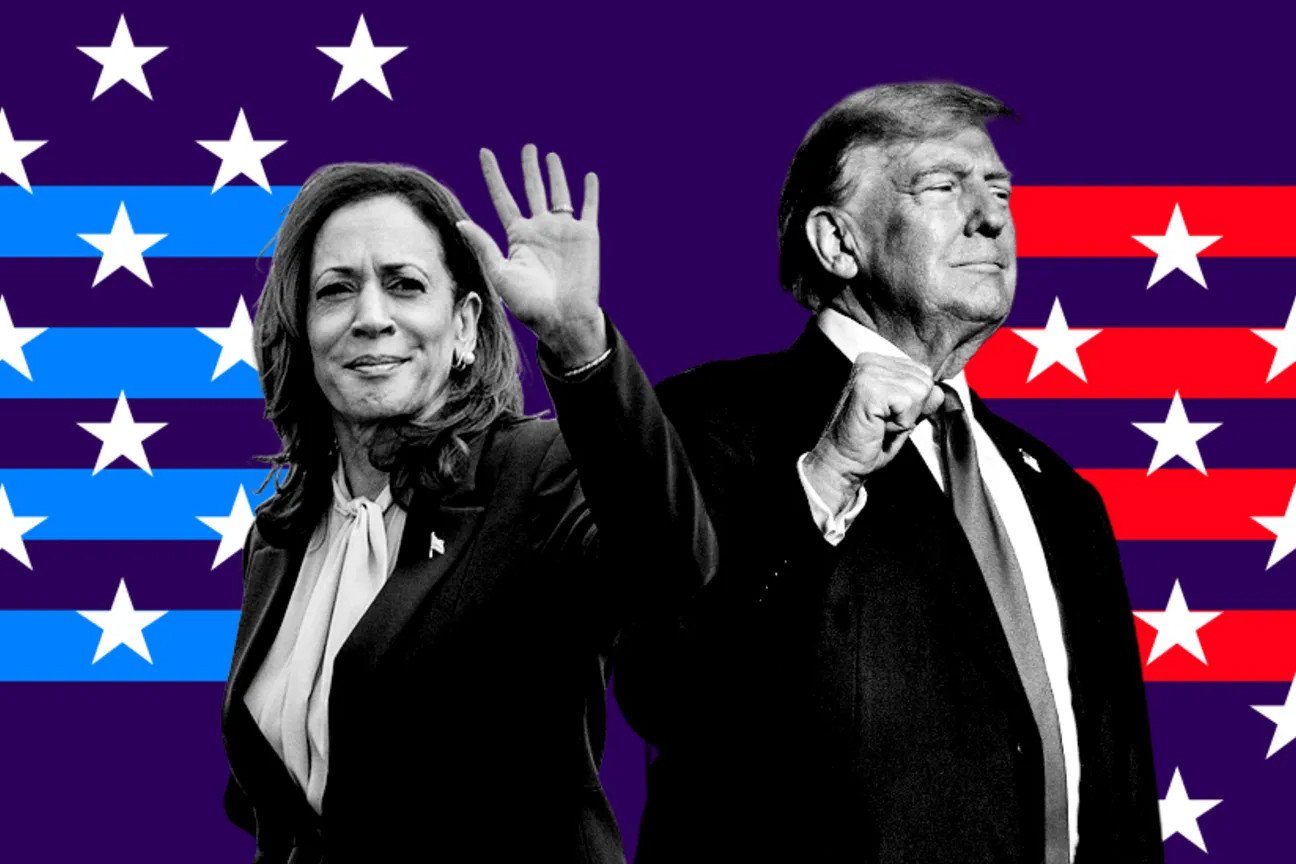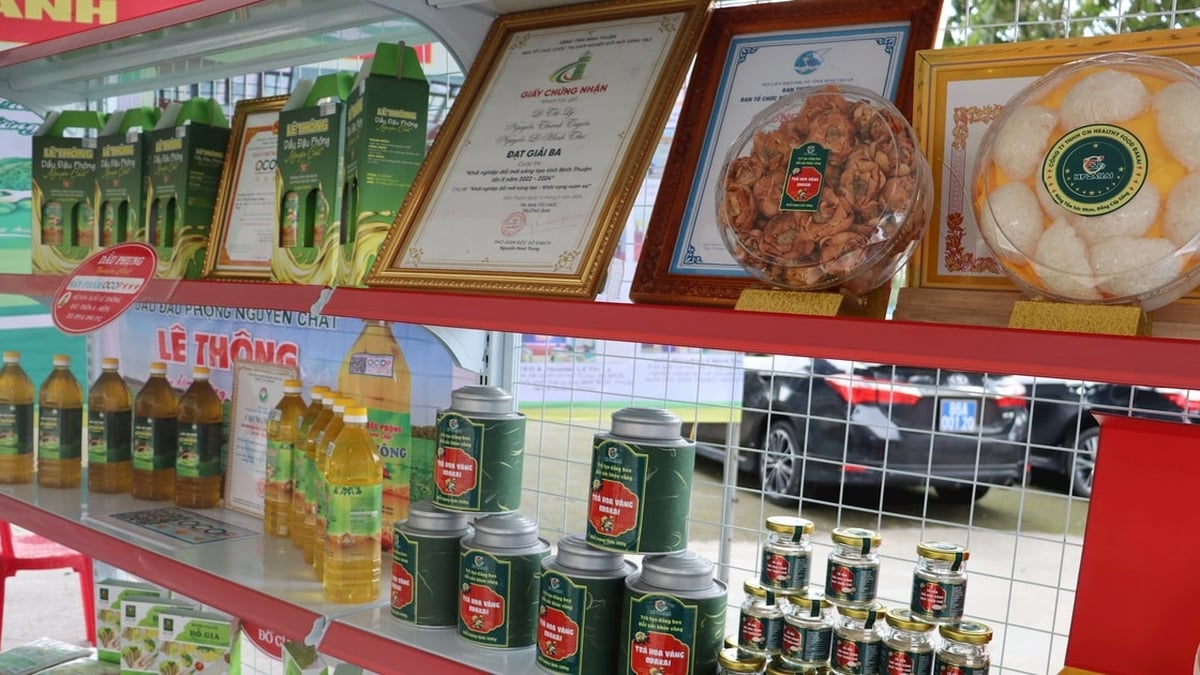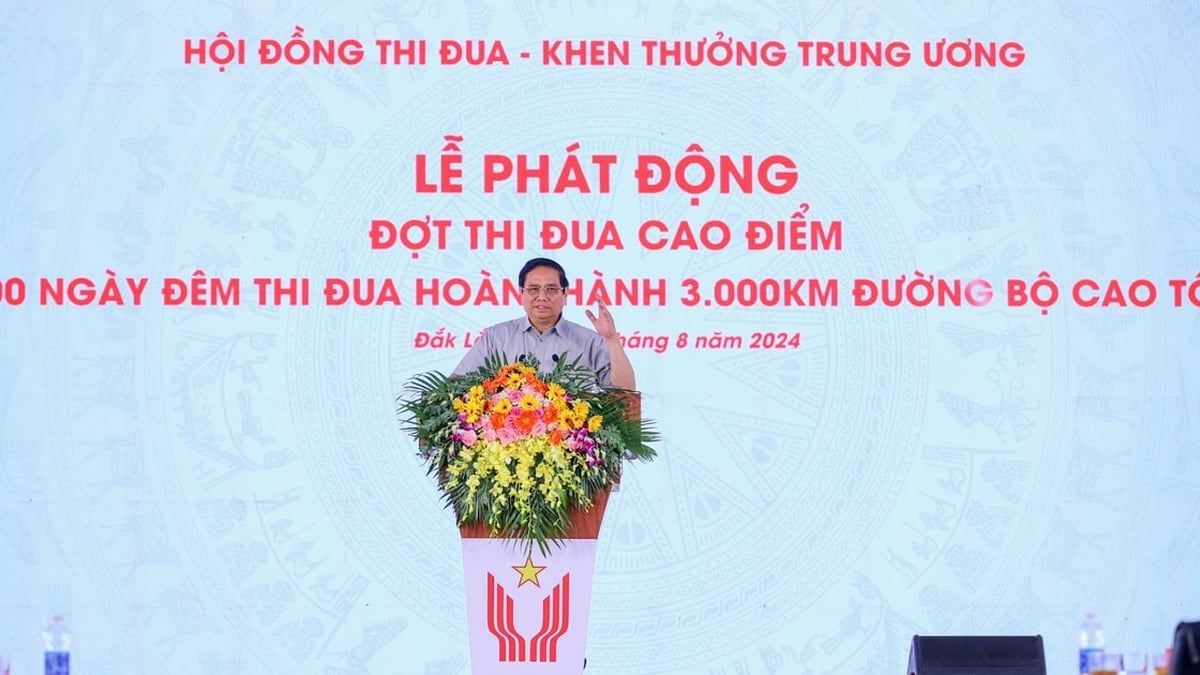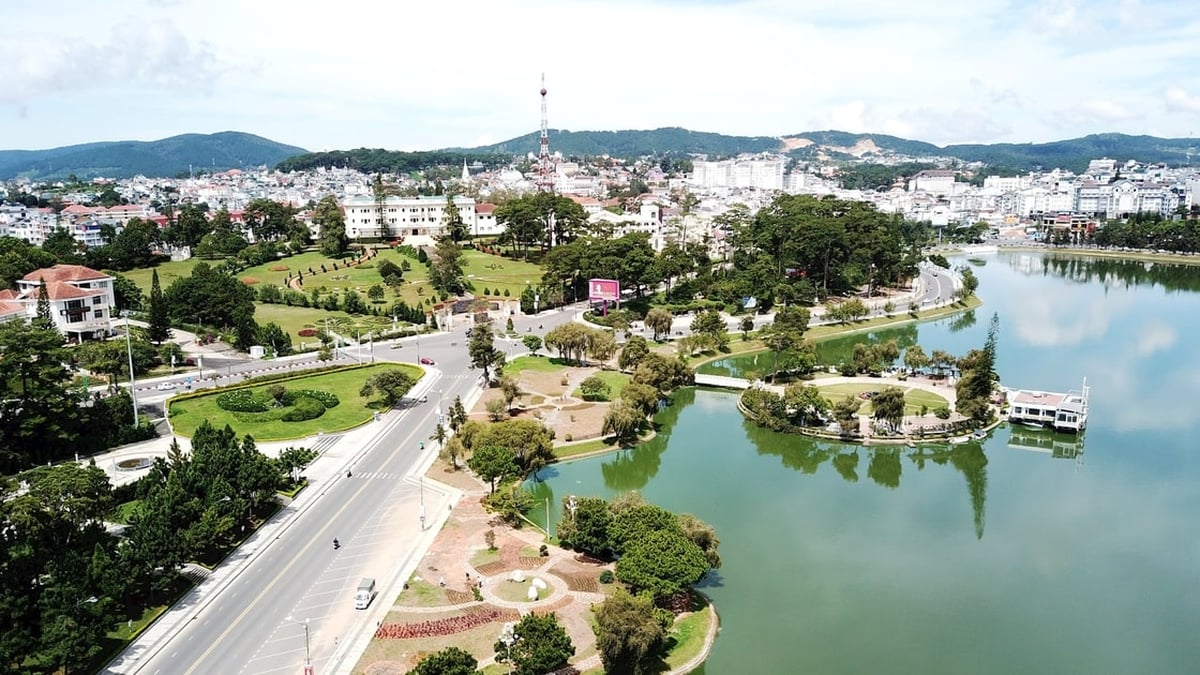Because the US plays a key role in shaping the world economy , the election of Donald Trump or Kamala Harris as president will have significant ripple effects.
Observers say that what former US President Trump is likely to do when he returns to the White House is to increase tariffs on goods imported from China to 60% and impose a 10% tariff on imports from all other countries. According to Project Syndicate, this policy will have the biggest impact on China's exports to the US, but it will also reduce exports from many other countries to the US, although some countries that provide products that replace goods from the mainland may benefit. 

Mr. Trump (right) and his opponent Harris. Photo: BBC
Economies that rely on supply chains that include China will also be affected. Many South Korean and Japanese companies export parts and components to China for assembly with components made there into final products for export to the United States and elsewhere. This means that any drop in Chinese exports to the United States will result in a drop in exports from Japan, South Korea, and similar countries. Efforts to address the problem by shifting supply chains to other countries could offset some of the impact, but such solutions could be both costly and inadequate. The effects of the “Trump trade shock” would not end there. If tariffs hamper growth in China, the country’s import demand could fall, further impacting economies with which China is a top trading partner, such as Japan, South Korea, and Southeast Asian countries. Mr Trump ’s proposed tariffs would have two less obvious effects, both of which are undesirable. First, they would act as a drag on US exports to many countries, since the overall US trade deficit is less affected by trade policy than by a shortfall in national saving relative to investment. Since Mr Trump’s proposed tariffs are unlikely to significantly increase US saving, the US’s reduction in imports would correspond to a corresponding reduction in its own exports. In addition, the relative importance of the US as a trading partner to many countries would decline. Second, Mr Trump’s tariffs would undermine the US-led international economic order. His measures could violate US legal obligations under the World Trade Organization (WTO). However, given the US’s years of weakening the WTO’s dispute settlement mechanism, the body is unlikely to be able to moderate Mr Trump’s protectionism. This could lead to accusations that the US is “not playing by the rules,” and encourage other countries to impose retaliatory tariffs or other protectionist policies. Meanwhile, the outlines of Ms. Harris ’s trade policy are unclear. She is likely to maintain an approach similar to President Joe Biden, which is seen as less erratic than Mr. Trump but still a weakness for Mr. Biden’s economic policy legacy. Analysts note that a continuation of Mr. Biden’s policies would still spur a relative decline in real US trade, just not as quickly as Mr. Trump’s tariff policies. But there is another possibility. Taking inspiration from two other recent Democratic presidents, Barack Obama and Bill Clinton, Ms. Harris could seek to restore US leadership in global trade, particularly by joining the Comprehensive and Progressive Agreement for Trans- Pacific Partnership (CPTPP). In addition to expanding market access among its members, the CPTPP imposes institutional requirements that affect the operations of state-owned enterprises (SOEs), government procurement, and subsidy rules. Given its potential to spur institutional reform in current and future members, the CPTPP can be viewed as a form of “WTO plus.” China has applied to join the agreement. The Harris administration could also reverse the previous administration’s tariffs on Chinese imports, which have raised costs for American consumers, especially middle-class and low-income households. Harris must be able to explain to the American public that high tariffs are self-destructive, as they raise the cost of living without creating new jobs for American workers. There is no guarantee that Harris will pick the right trade advisers or overcome protectionist pressures within her party if she wins. But if she can combine a relatively open trade policy with domestic redistribution, she could create a global trade revival that would boost the US economy and enhance the country's global leadership role.Vietnamnet.vn
Source: https://vietnamnet.vn/ong-trump-hay-ba-harris-thang-cu-se-tot-hon-cho-kinh-te-the-gioi-2338337.html

































































































Comment (0)